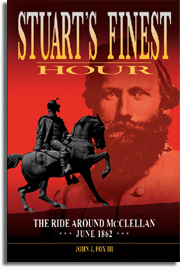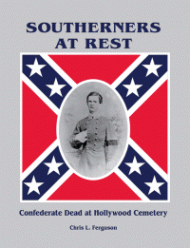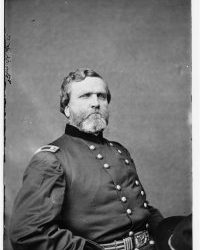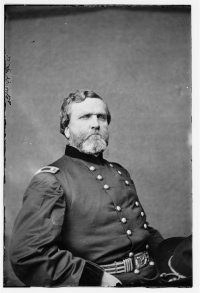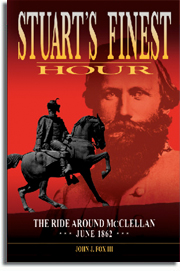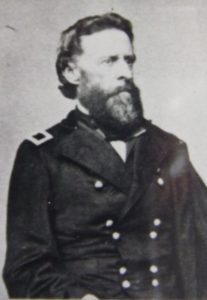
Brigadier General Philip St. George Cooke, US Army, MOLLUS, U.S. Army Heritage & Education Center [USAHEC]
Letter of Col. Jeb Stuart to My Darling Wife from Camp “Qui Vive”, November 24th, 1861
“No my dear wife, for our own part and our children’s sake let us determine to act well our parts and bear with the mistakes and errors of others, however grievous, with the charity of silence but by no means attempt justification of what must be condemned. Read well and consider well those words my darling, and be consoled in what you rightly regard as very distressing, by the reflection that your husband and brothers will atone for the father’s conduct.”
FEBRUARY 2017 SPECIAL – BUY copy of Stuart’s Finest Hour at discount of $27.95 and receive FREE a Jeb Stuart bookmark and a FREE copy of Southerners at Rest: Confederate Dead at Hollywood Cemetery where General Stuart is buried!